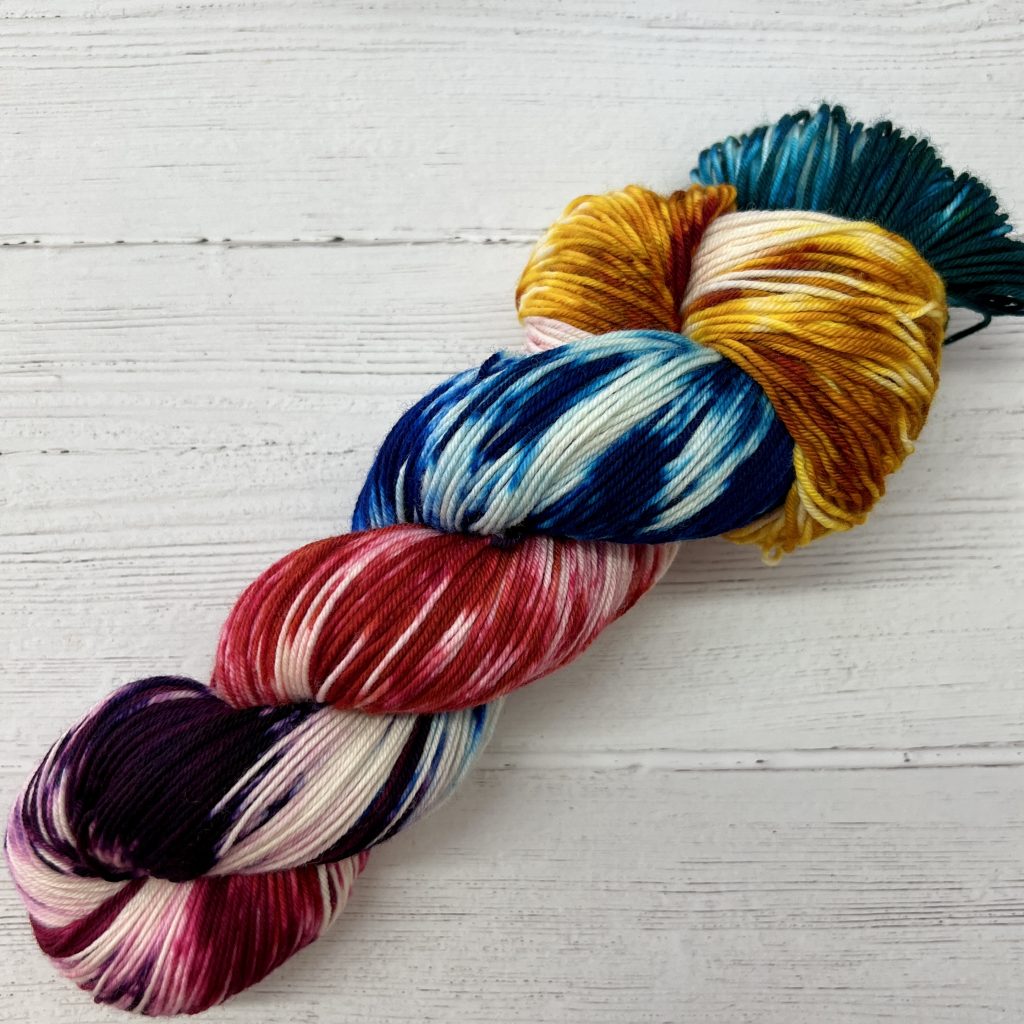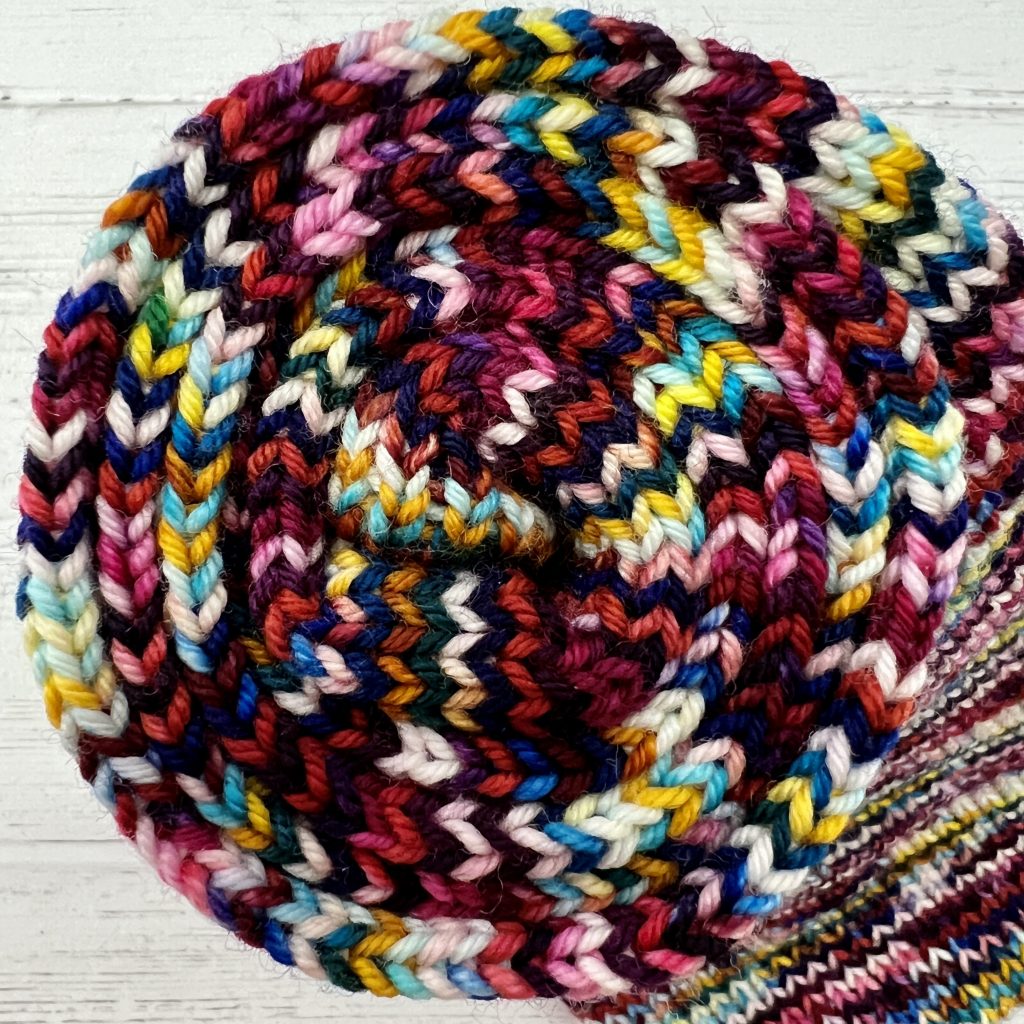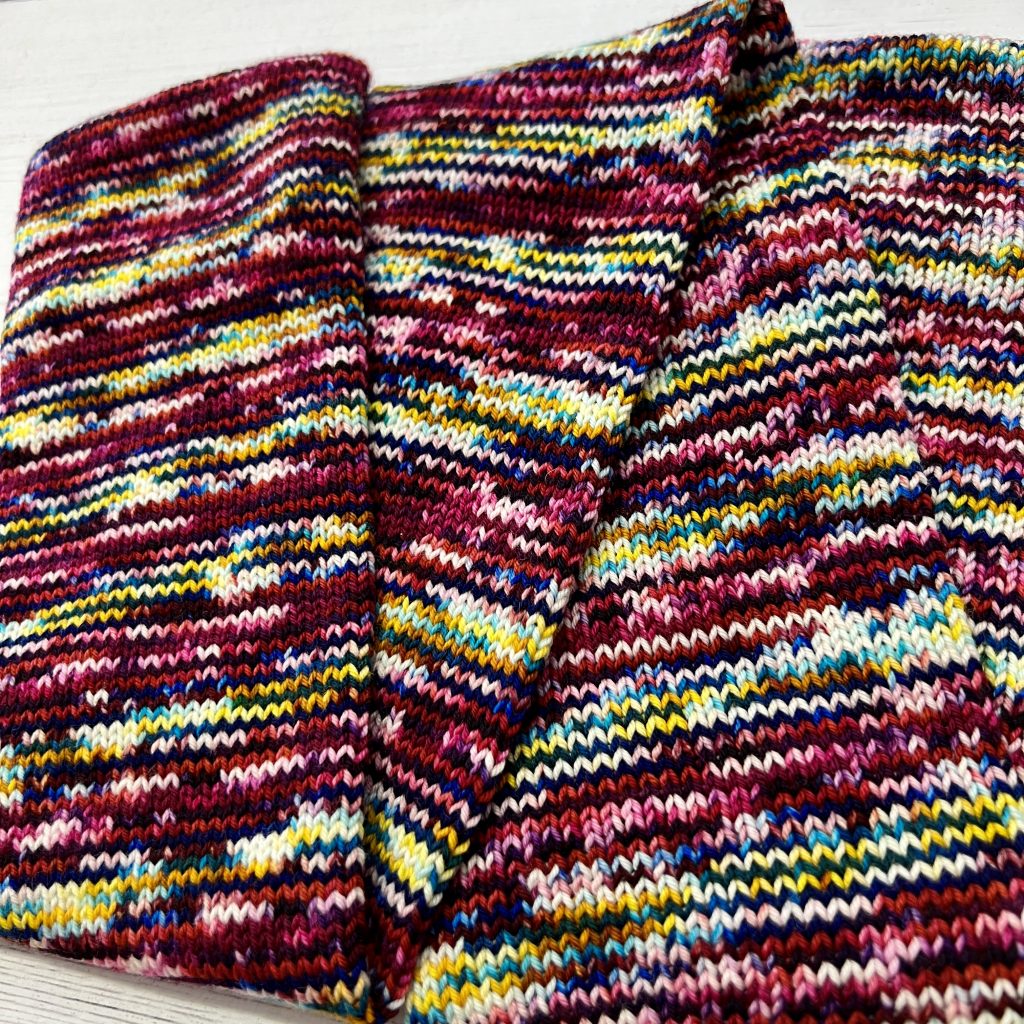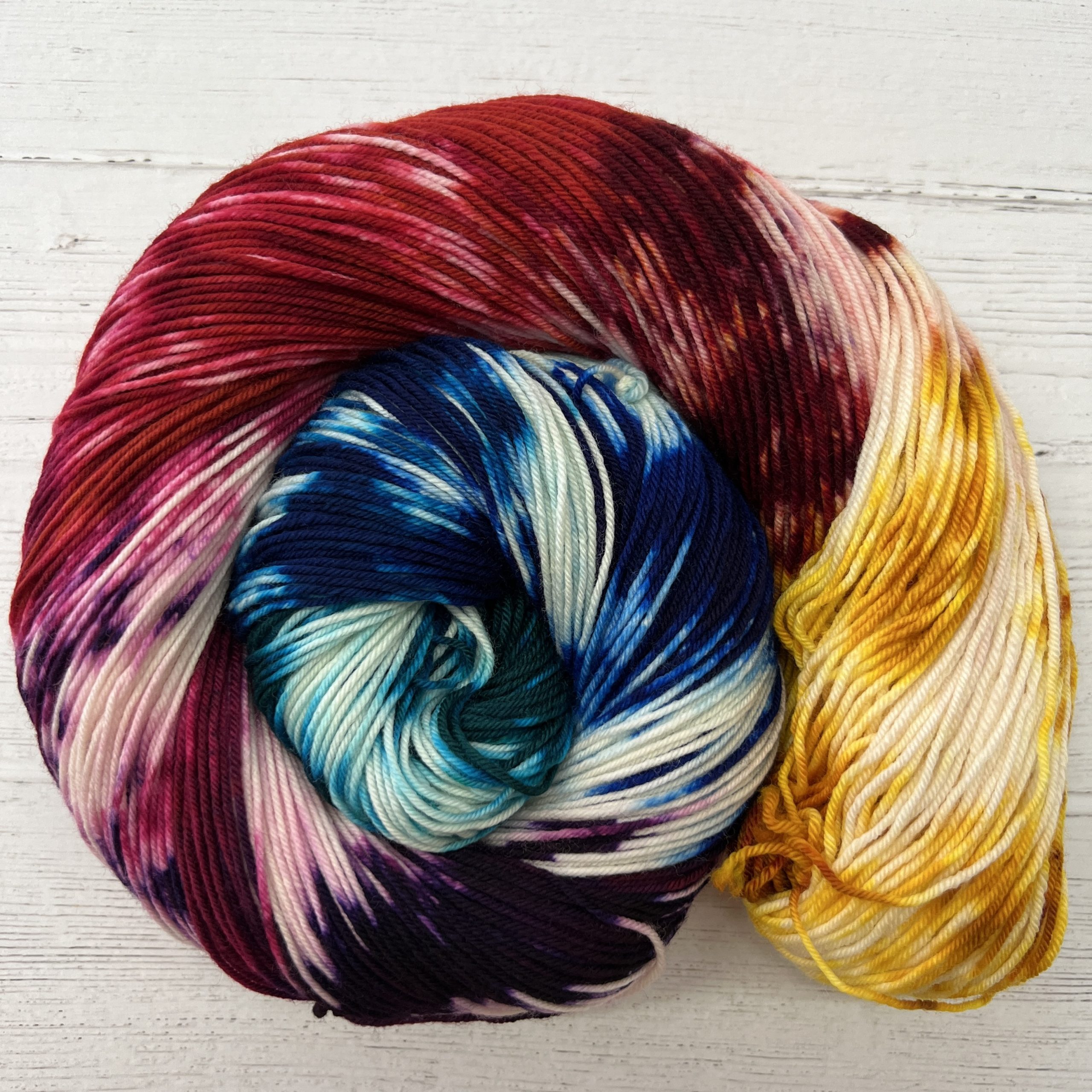Most of us have heard of the Bechdel Test, which is a measure of the representation of women in film and other works of art/media. The test evaluates whether or not a work of fiction portrays women in a way that is sexist or characterized by gender stereotyping. To pass the Bechdel test, there are three rules: the work must feature at least two women; these women must talk to each other; and their conversation must concern something other than a man. Many pieces of modern media fail this test miserably. This way of measuring a work’s patriarchal inclinations was created by famed lesbian cartoonist Alison Bechdel, who is our HerStory recipient for June.
Alison Bechdel began penning the comics that would become her most famous and long-running series, Dykes to Watch Out For, in her early 20s, while living in NYC, trying to find her place in the world. She was encouraged by friends to send a piece to a feminist magazine, WomaNews, which gave her a regular spread in the magazine. This was in the early 1980s, and her comics gave people an unprecedented look into the life of the urban modern lesbian woman. Bechdel has said, about her comics, that “the secret subversive goal of my work is to show that women, not just lesbians, are regular human beings“. In many ways, we are still hard at work trying to make that case, 40 years later (gulp).
The Bechdel Test itself is a great way to test our own tolerances to sexist norms. So many of us rarely think too deeply about whether the media we consume supports a more equitable worldview, and, although more films, TV shows, and books are being produced and supported that attempt to break out of these sexist norms our society has become mired in, there are still too few works that pass this test. The Bechdel test has also inspired other takes on it; using the criteria but substituting people of color for women gives us an even smaller pool of fiction to choose from. This article from a blog that doesn’t appear to be updated anymore lays out the case (and case studies) for a race-based Bechdel test: http://theangryblackwoman.com/2009/09/01/the-bechdel-test-and-race-in-popular-fiction/. Looking critically at the media we consume, and thinking about the representations and motivations of the makers can only have a positive impact on our own worldviews. The more we can see the world from the perspective of folks that are different from us, the broader our world will become, and, honestly, the better it will be.
Our colorway, Passing the Test, was inspired by a rainbow created from an image from Dykes to Watch Out For, because a rainbow would certainly pass our test.
Books by Alison Bechdel:
- Dykes to Watch Out For
- Fun House
- Are You My Mother?
- The Secret to Superhuman Strength
Want more like this? Here are some other authors we suggest you read/listen to:
- Rachel Pollack
- Kelly Sue Deconnick (she proposed the “Sexy Lamp Rule:” if a lamp can take the place of a female character in a story & it still works, a rewrite is in order)
- Kabi Nagata



